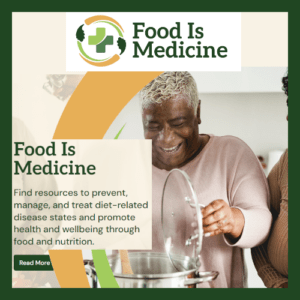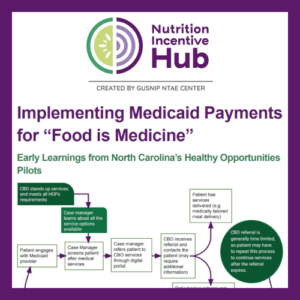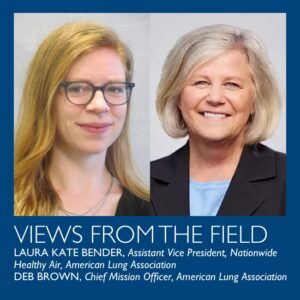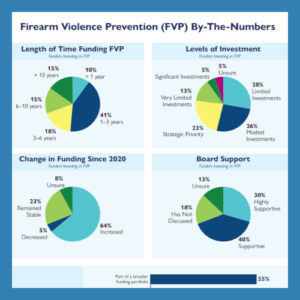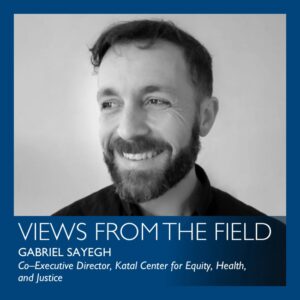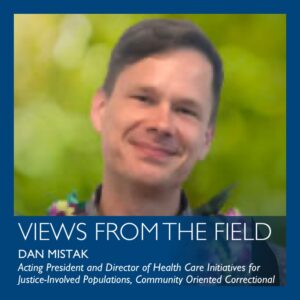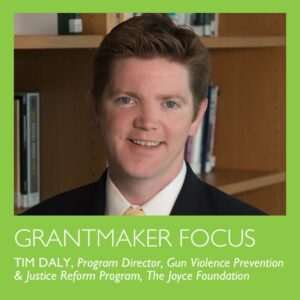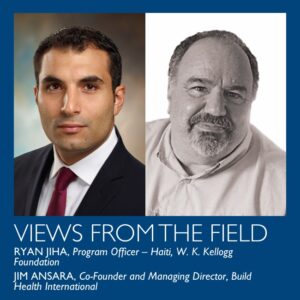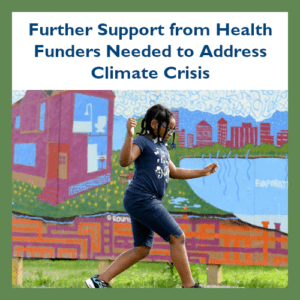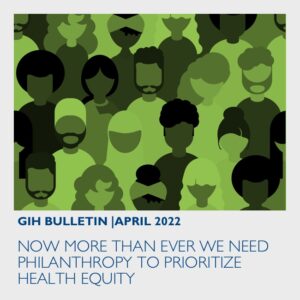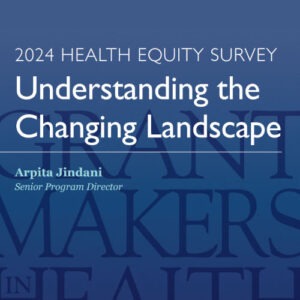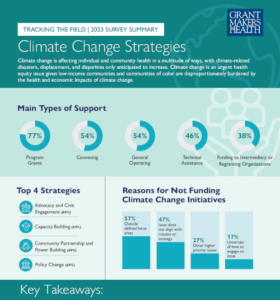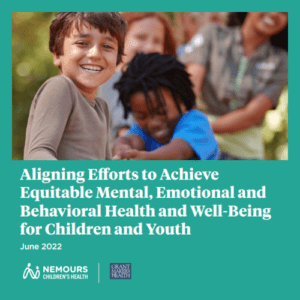Upcoming Events
Past Events
Featured Resources
New America Report Examines Subminimum Wage for Disabled Workers
Under the Fair Labor Standards Act, employers are allowed to pay disabled workers less than the federal minimum wage, which has significant impacts on these workers’ health and well-being. A report from New America examines, state by state, the policies that drive the use or elimination of the subminimum wage, as well as the programs each state provides to more comprehensively support individuals with disabilities as they seek meaningful employment and fair wages.
HHS Launches New Food is Medicine Virtual Toolkit
The Toolkit was developed in response to the National Strategy on Hunger, Nutrition, and Health and to support communities design and implement effective Food is Medicine interventions.
Case Study Examines Early Learnings in Using Medicaid Payments for Food is Medicine
A new resource commissioned by the Fair Food Network examines the early learnings from the Healthy Opportunities Pilots effort in North Carolina to use federal 1115 Medicaid Demonstration Waiver funding to scale and sustain community-based implementation of a combination of produce prescription programs, medically tailored meal programs, and nutrition education.
Explore Health Equity and Social Justice Topics
Recent Items - Climate and Environmental Health
The Health Sector is a Critical Voice in Climate Advocacy
Recent Items - Health Equity
Let’s Take Courageous Steps Together in 2025
Recent Items - Healthy Eating/Active Living
The National Peanut Board: April 2025
Recent Items - Housing
Marin Community Foundation: October 2024
Horizon Foundation: September 2024
Recent Items - Justice Reform
Recent Items - Social Determinants of Health
Marin Community Foundation: October 2024
Recent Items - Violence Prevention
The Joyce Foundation
Latest Resources
Investing in Asian American, Native Hawaiian, and Pacific Islander Communities through Strategic Philanthropic Partnerships
May is Asian American Pacific Islander heritage month, celebrating the fastest-growing racial group in the United States. Recent priorities for grantmakers have focused on racial equity, health and well-being, and immigrant rights. Yet, investments for Asian American, Native Hawaiian, and Pacific Islanders have been under-resourced and deprioritized, receiving only 0.26 percent of philanthropic dollars and 0.17 percent of research funding from the National Institutes of Health.
Beyond the Headlines: Towards a New Narrative for Health Philanthropy in Haiti
Contrary to the narrative that all philanthropic investments have been ineffective in Haiti, Partners In Health, Build Health International, and Health Equity International have had immense positive impacts on the health sector in Haiti over the last decade. With sustained funding from the W.K. Kellogg Foundation, these nongovernmental organizations are committed to tackling systemic inequities embedded in the health care system.
Multiplying Funder Impact Through Multisector Collaborations: Models for Creating Racial and Health Equity
Multisector collaborations epitomize the expression “the whole is greater than the sum of its parts.” Working together toward common goals, organizations from different sectors that listen and work directly with communities can multiply their impact compared to what they can accomplish working separately. Because of this, funders too can expand their impact by investing in and encouraging these multisector collaborations that serve as engines for lifting up community voices and promoting equity.
Reducing Pollution: Critical Pathway for Cancer Prevention
Health professionals and health advocacy groups are learning how they can elevate environmental chemicals as an important element of cancer prevention, including in research design, clinical practice, policy advocacy, and in cancer initiatives such as the Beau Biden Moonshot and states’ 5-year cancer prevention and control plans. When health leaders are given the opportunity to examine barriers to cancer prevention, including those they may contribute to, they gain confidence in their ability—and responsibility—to use their power as trusted messengers to call for dramatic reductions in carcinogens.
Further Support from Health Funders Needed to Address Climate Crisis
The Kresge Foundation’s Health Program Senior Fellow Chris Kabel discusses the need for health funder engagement to address the climate crisis.
Now More than Ever We Need Philanthropy to Prioritize Health Equity
April marks National Minority Health Month. It is a time for us to educate ourselves on the health challenges facing communities of color and other vulnerable populations, and to reflect on the progress we have made towards advancing health equity and what more we must do…
Reports and Publications
2024 Health Equity Survey: Understanding the Changing Landscape
In 2024, Grantmakers In Health (GIH) surveyed its Funding Partners to understand how their health equity work has evolved. The survey consisted of 40 questions including demographic information, program focus areas, partner engagement, organizational strategy, priority population, successes, and challenges. This report summarizes findings from the Health Equity Survey titled, “Understanding the Changing Landscape.”
2023 Survey Summary: Climate Change Strategies
This infographic summarizes the responses to a Grantmakers In Health funder survey, conducted in May and June 2023, on how philanthropy is addressing climate change, and the barriers and opportunities that exist to support climate-related efforts.
Aligning Efforts to Achieve Equitable Mental, Emotional, and Behavioral Health and Well-Being for Children and Youth
This report issues a call to action for philanthropic organizations and public-sector partners that are ready to move forward in improving mental, emotional, and behavioral health. It describes existing philanthropic and federal initiatives and offers a potential portfolio of aligned strategies for private- and public-sector partners to consider.
Strengthen your knowledge, skills, and capacity.
GIH focuses our programming around five areas that are critical to achieving better health for all.
We invite you to explore the resources available on our focus areas pages, browse content in more specific issue areas, and to connect with GIH staff to discuss how we can partner and support your work.


